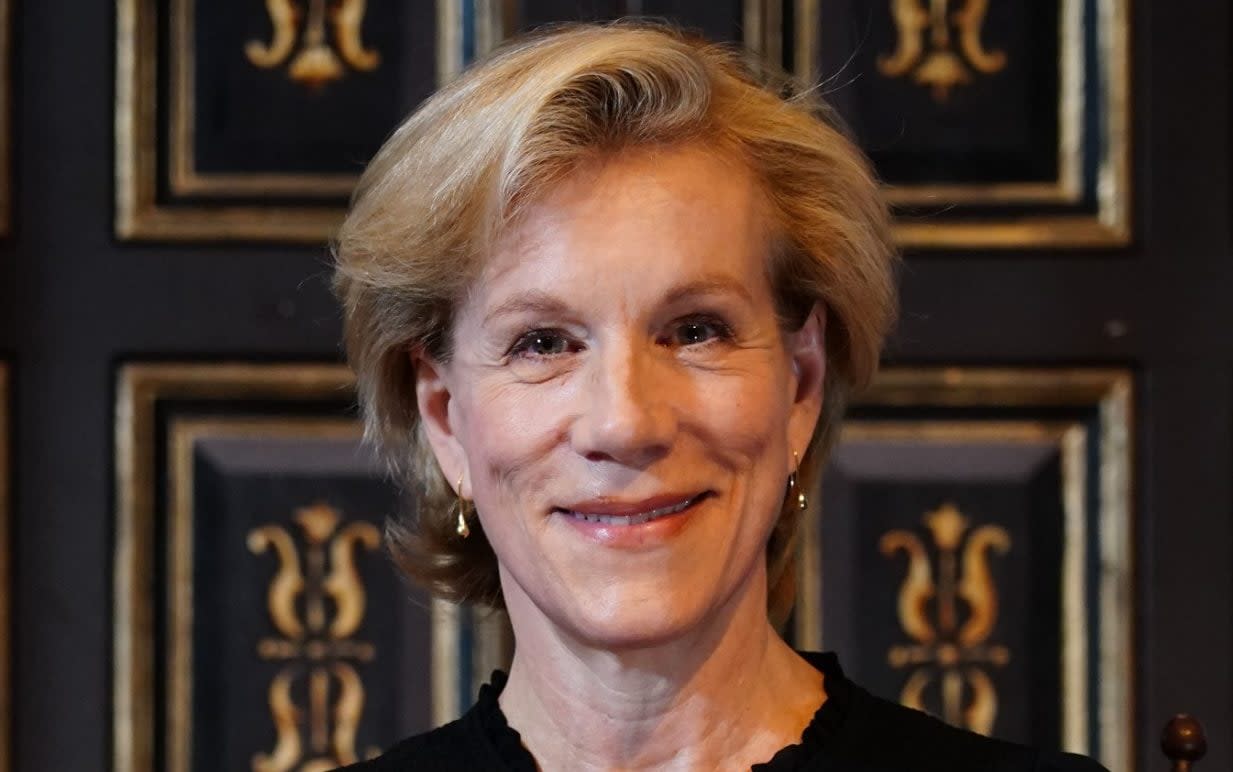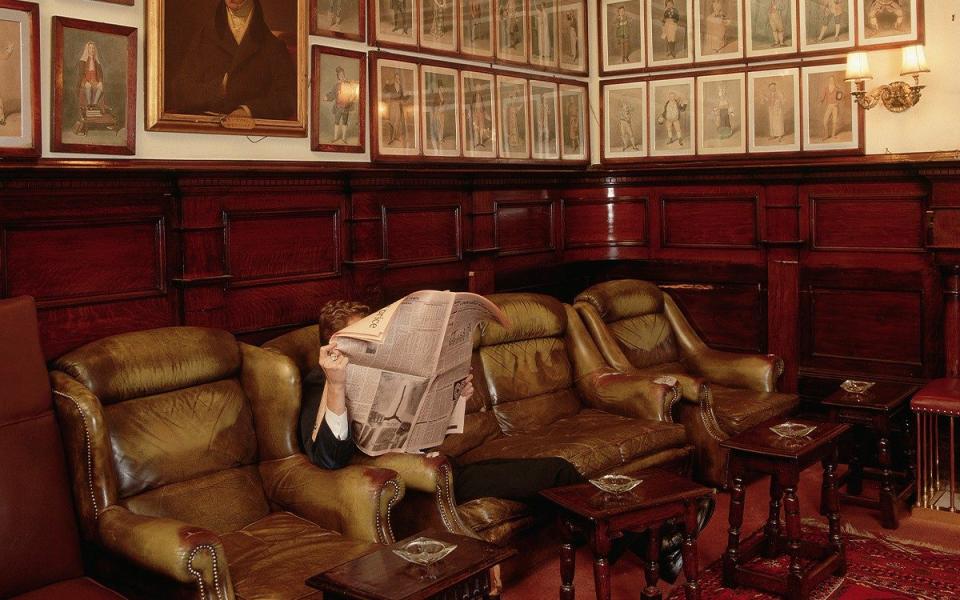Juliet Stevenson ‘interested’ in joining men-only Garrick Club after historic vote to admit women

Actress Juliet Stevenson has said she would be “interested” in becoming a member of the Garrick Club after the organisation voted to admit women for the first time.
The central London private members’ club has been strictly male-only since it was founded in 1831.
But a vote to allow female members passed with about 60 per cent of votes in favour at the end of a private meeting.
Speakers in favour of allowing women to join included Stephen Fry, James Naughtie, Lord Sumption and Nigel Havers.
Ms Stevenson told the BBC’s Radio 4 Today programme: “The Garrick has for hundreds of years been a club largely dedicated to the theatre community and then the arts community.
“Any club that is dedicated to that community must by definition be open to all.”
The actress, known for her theatre work and role in the 1991 film Truly, Madly, Deeply, said: “I’m not so much interested in wining and dining, but I’m really interested in exchanges of ideas and challenging each other.
“If it’s a place where that can take place, I would be interested in it for sure.”
Ms Stevenson was previously reported by The Guardian to be among a list of seven women that members plan to nominate as the first for inclusion.
Other women on the list include Dame Mary Beard, the broadcaster and classicist; Amber Rudd, the former home secretary; Cathy Newman, the Channel 4 news presenter; Labour peer Baroness Hazarika; Margaret Casely-Hayford, the chancellor of Coventry University; and Dame Elizabeth Gloster, the former appeal court judge.
‘Age rejuvenation’
Dr Casely-Hayford CBE, 69, disclosed that she hoped to be considered “imminently” and that the club was in need of “age rejuvenation”.
The Coventry University chancellor said she has already received endorsements from two current Garrick members.
“Hopefully I will not get black-balled and neither will the other women... I hope I’m clubbable, I hope someone, somewhere thinks I am sufficiently a fun person, a decent person, a person of integrity that they would want to have a drink with me and dine with me.”
She added: “I reckon that these clubs could do with some age rejuvenation or youthful injections.
“It’s an important part of the longevity of the institution, to bring in youth members and make it relevant to modern society. I think that really is an important element for them to consider for the future.
“I don’t want to be too revolutionary at present, because I think 40 per cent of them probably feel they have already had their foundations severely shaken.”
Asked why it had taken this long for the ban to be lifted, she replied: “I think people don’t easily warm to change, and I can see why.”
Dr Casely-Hayford cited an article published in the Evening Standard by Rachel Johnson, the journalist and sister of former prime minister Boris Johnson, saying that single-sex spaces for men deserve to exist.
However, Dr Casely-Hayford said allowing the club to remain men-only risked creating the perception of a “little elite enclave” made up of the “higher echelons” of the administration, the judiciary and the arts.
“If the only reason that you are keeping someone out is because of their gender, that is actually quite bizarre in the 21st century…. I don’t even understand how it’s justified any longer frankly, it leaves me quite ashamed.”
‘Valid for women’
Lord Vaizey, the former culture minister, said the Garrick Club was not “a place full of men plotting to run the country”, adding that he supported women being admitted as members.
The former Garrick Club member told the Today programme: “I don’t think the Garrick is a secret cabal of men that is quietly running a country that has now been broken up.
“I think it’s just a convivial place where people go and have lunch and dinner, and that’s as valid for women as it is for men.”
Lord Vaizey, MP for Wantage from 2005 to 2019, added: “When I was a member of the Garrick, it really was quite backward – women couldn’t even walk up the front stairs, they couldn’t dine in the main dining room. All of that has changed a long time ago, thankfully.
“But I didn’t particularly feel that the Garrick was a place full of men plotting to run the country.
“I fully support the idea that women should be members of the Garrick as well as men, but as I say, I don’t think it’s constructed in a way to keep women away from power.”
The private members’ club has faced scrutiny over its diversity in recent weeks after some of its membership list was leaked, which claimed the King, Oliver Dowden, the Deputy Prime Minister, and Sir Richard Moore, the head of MI6, were all members.
In March, Simon Case, the cabinet secretary and head of the Civil Service, quit the club just a day after being questioned by MPs about his involvement in the institution.
Mr Case had previously suggested it would be “easier” to change the all-male organisation “from within rather than chuck rocks from the outside”.

In April, a High Court judge was removed from overseeing a case involving an alleged rape victim due to his membership of the Garrick Club.
Sir Jonathan Cohen was due to hear a family court case involving a dispute between a mother and father over their son’s care, with the woman accusing the man of domestic abuse and controlling and coercive behaviour.
She applied for Sir Jonathan to step back from her case, claiming she would feel “prejudiced” due to his membership.
A different High Court judge decided that Sir Jonathan should not hear the case due to his club membership, adding that the father was also a “regular visitor”.
The court heard that “at no stage” have the mother’s allegations against the father been determined.

 Yahoo News
Yahoo News 
